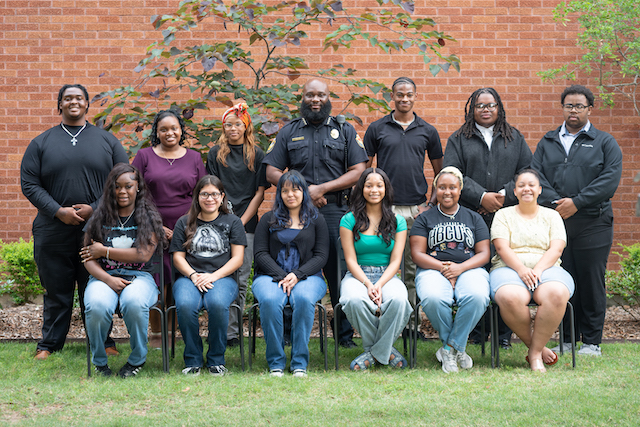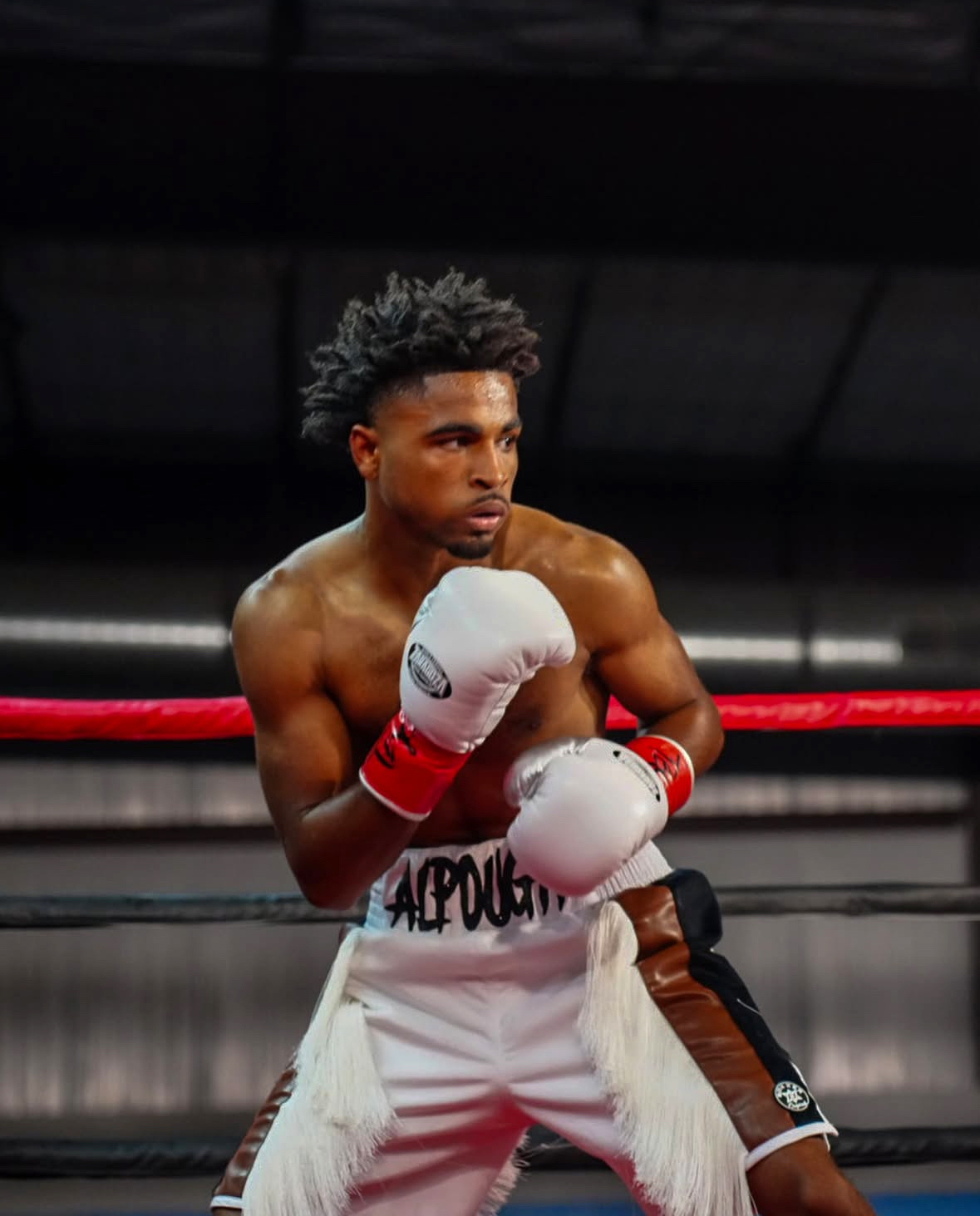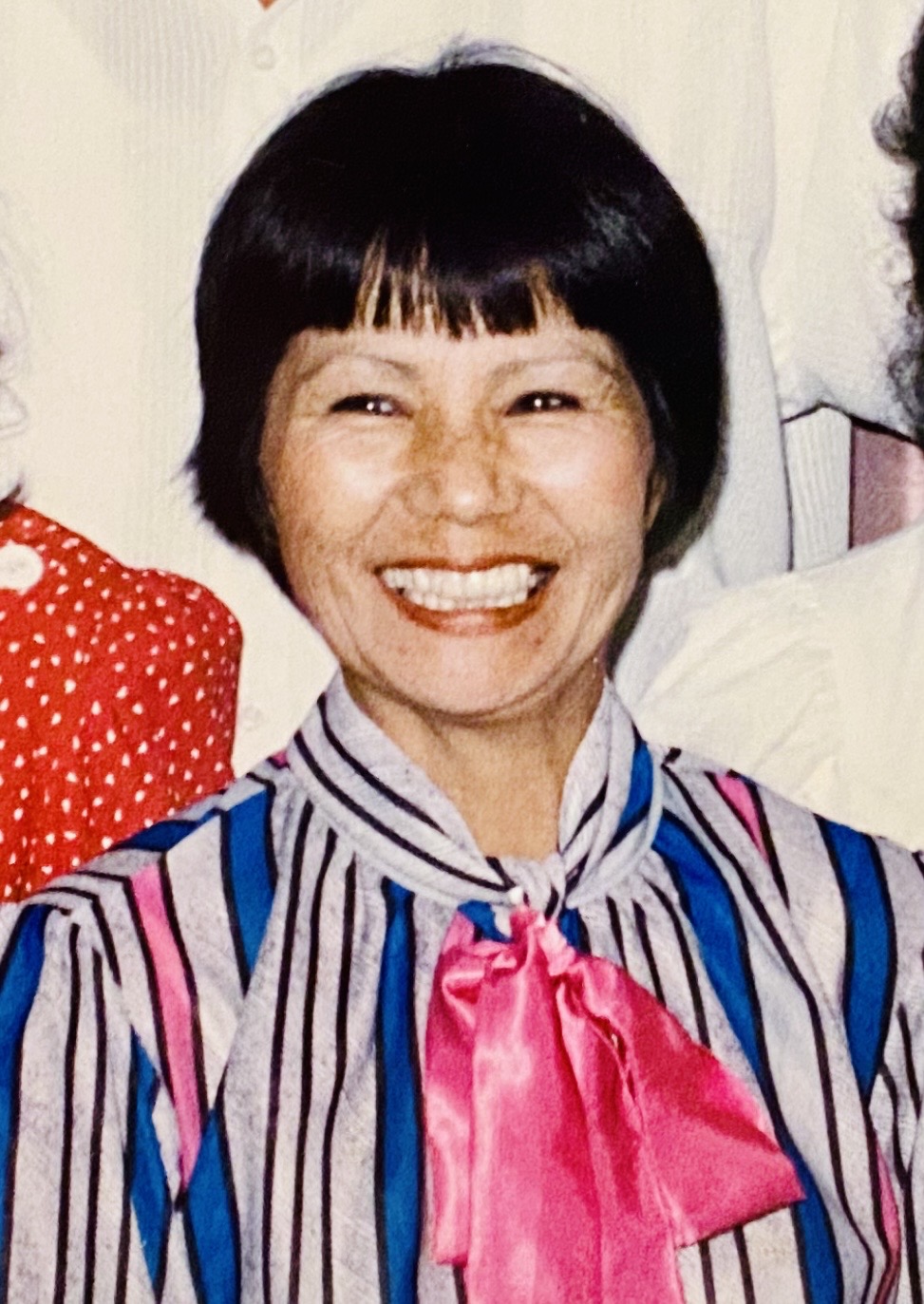Spindletop symposium: Healing together
Published 12:23 pm Thursday, August 9, 2018
By Lorenzo Salinas
Spindletop Center hosted “Healing After Harvey,” a public symposium intended to discuss mental health in the wake of such a natural disaster, at the Robert “Bob” Bowers Civic Center in Port Arthur.
The Tuesday evening event featured a panel of experts, a live question-and-answer session and breakout sessions for audience members’ benefits. Food and door prizes were also offered, but it would be the focus on mental health that would dominate discussions.
“This year we decided to put this theme on it because we haven’t had a storm like Harvey hit this area before. So, we decided to make it around that topic,” Lane Fortenberry, public relations director for Spindletop, said.
“With something like that, you really only go through a Harvey once and it could bring a lot of terror, a lot of memories and a lot of trigger effects,” Fortenberry said.
“So, we know the community went through a lot and everyone needs something. It is healthy and good to able to talk about these things because ultimately you don’t want to bottle these things up.”
Panel of experts
DeAnn Wills and Rita Drake were two panelists. Wills is the supervisor for homeless outreach and Drake is the clinical supervisor for intake and positive alternative counseling for Spindletop.
Drake pointed out how something as big as a hurricane could dramatically change a person’s frame of reference in regards to developing a mental illness.
“Any one of these instances could need support, medication or definitely counsel geared toward this,” she said. “And these are grassroots people — your neighbor, your doctor, your religious leader — it can be anyone. We need to be one-on-one and we need to be here for each other.”
Even though the number of people affected could be great, Wills said the staff at Spindletop is committed to helping each person — one at a time.
“One person at a time,” Wills said. “That’s all we can do. We try to help them with where they’re at. Trauma occurs… and we try to address that.”
Focusing on the good
After a devastating storm like Harvey, Wills and Drake said it would be easy to focus on the dark side of matters; however, they chose to see the bright side of people that came out during and after the storm.
“The beautiful thing, if you could call it that, is that we didn’t know who was homeless and who wasn’t prior (to the storm),” Wills said. “So, we’ve all become one after Harvey. We have all tried to grow together.”
“We have drawn together more as a community than we ever did before,” Drake said. “It’s brought out some of the best parts of us.”
Wills said, “So, for me, a lot more relationships were built. Whether it was standing in line at the grocery store or waiting to talk to services, it brought us together like one big family. In many ways, it was beneficial because it allowed us to step back and to reevaluate our lives.”
The two Spindletop supervisors said events like Harvey could provide a great opportunity for community members to bond and to be there for each other.
“There were people on Facebook picking people up, getting them supplies and letting neighbors who had never spoken before stay at their houses,” Wills said. “People have helped in so many ways.”
“We bonded together like never before,” Drake said. “People showed real resilience.”
The youngest at risk
Of course, Harvey affected people overall regardless of age, gender or income. As a result, officials at Spindletop said children were some of the most vulnerable candidates for mental illness.
“Children’s mode of thinking is they’re acting out their trauma…” Drake said. “You can see how they express themselves — with rage, with sadness — they’ll act out what happened to them by doing what they can to express that.”
Drake said adults have a better vocabulary to express themselves by, therefore requiring adults to listen to each other more — and to their kids especially.
“They’re telling you an important message,” Drake said. “It’s important at the time that parents listen and recognize their kid is acting out and telling them a message that they need to be more secure, that they need more playtime and that they need you.”
Drake emphasized parents should watch their children and to better understand them.
She said medication is important, but it’s also equally important to try other methods first such as family, community or spirituality to alleviate mental illness.
Healing as community
“If you look at it culturally, different cultures have different ideas about mental health,” Wills said. “So being diverse and having an understanding of different cultures and where their strengths are is important.”
Wills said awareness of mental health is becoming more commonplace and as a result so is acceptance of talking about it.
“Anything can happen to anyone at any time, which I think helps us to be more understanding,” Wills said. “Be more mindful of what this really means.”
Wills urged citizens to look out for each other, especially since health specialists can’t be everywhere. Homelessness was a primary concern of hers.
“As a community, homelessness is real; it’s not something people choose but it can happen,” Wills said. “But we as a community can continue to help, to grow from this and to help other people.”
“Encourage everyone in the community to be mindful and observant of someone else who happens to be visibly having pain and just ask them, ‘Do you need help?’” Drake said.
She described pillars of the community like clergy, doctors and neighbors as grassroots members who are the first line of defense against mental illness.
“You’re going to be our eyes and ears…” Drake said. “And by being well-informed, you’re going to be the one to make a difference.”
“Be mindful and pay more attention,” Wills said. “I think we’re all doing that more. We realize we can help.”
“Everyone can make a difference,” Drake said.





